Trending Now
Sunday, Nov, 2024
Home / National Curriculum Framework to Change Math Education Approaches; Emphasis on interactive learning, Indian contribution
National Curriculum Framework to Change Math Education Approaches; Emphasis on interactive learning, Indian contribution
As per the draft, the traditional method of teaching mathematics has been overly concentrated on algorithms and has ignored the creative and aesthetic factors of the subject.
 by Pragti Sharma /
by Pragti Sharma /  08 Apr 2023 22:33 PM IST /
08 Apr 2023 22:33 PM IST /  0 Comment(s) / 709
0 Comment(s) / 709
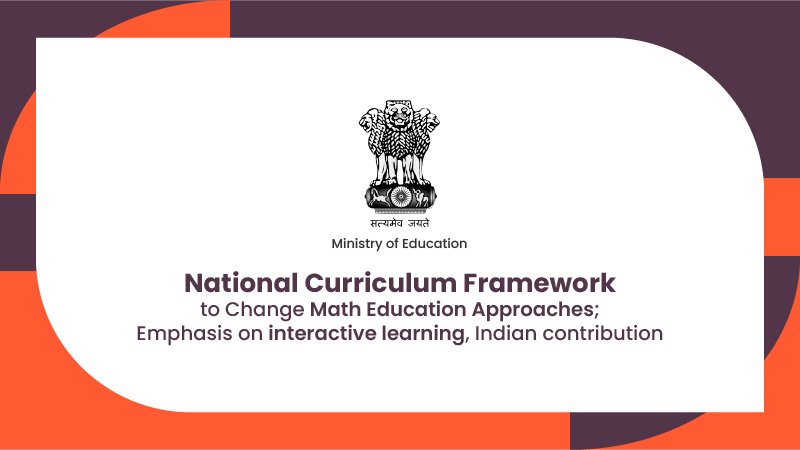
The Ministry of Education released the draft (NCF-SE) National Curriculum Framework for School Education 2023, which covers topics including pedagogy approaches, language learning, arts learning, and board examinations. One essential element emphasized in the draft is the worry about mathematics that a plurality of students experience.
As per the draft, the traditional method of teaching mathematics has been overly concentrated on algorithms and has ignored the creative and aesthetic factors of the subject.
Introducing new mathematical ideas can be challenging for young students to understand if they are unrelated to their experiences and language.
The National Curriculum Framework suggests that books and classroom activities should be related to students' lives.
The draft also criticises the techniques of assessment, which frequently encourage rote education and pointless practice, contributing to the perception of maths as a mechanical subject.
This, in turn, has led to an overall fear of mathematics among students.
The National Curriculum Framework attributes this fear to non-optimal teaching strategies that depend too heavily on lessons, rote learning, and purposeless practice.
The draft suggests more interactive education practices that involve games, discussion, and activities, highlighting the creative side of mathematics.
The draft also acknowledges the role of societal perspectives in eternalizing the fear of mathematics, such as the opinion that girls are incompetent in the subject or that formal computational ability is associated exclusively with upper castes.
The National Curriculum Framework calls for reconsidering the process of teaching mathematics to break down these biased beliefs.
In order to achieve this, the draft advises a more significant emphasis on reasoning and innovative problem-solving in mathematics education.
It also recommends that students should learn to appreciate the development of mathematical concepts over human history and the contributions of past and modern mathematicians from India and across the globe.
For example, the National Curriculum Framework spotlights the contributions of India to the development of mathematics, such as the idea of zero, algebra, ideas around infinity, and Indian numerals.
Indian mathematicians, including Brahmagupta, Madhava, Panini, Pingala, Aryabhata, Virahanka, Baudhayana, Bhaskara, and Ramanujan, are also mentioned.
Also, the draft stresses the significance of understanding the development of numeration throughout human history, including the contributions of India.
The draft National Curriculum Framework talks about "Understanding the development of the representation of numbers via human history, from tallying to Roman numerals to the Mayan and Babylonian systems, directing up to introducing zero in India and the modern Indian system of writing digits (from Yajurveda, Brahmasphutasiddanta, Bakshali Manuscript, the story of Buddha, Vasavadatta, Aryabhatiya, Gwalior inscription, etc.) and its message to the world (due to Al-Kharizmi, Fibonacci, Al-Kindi, etc.).
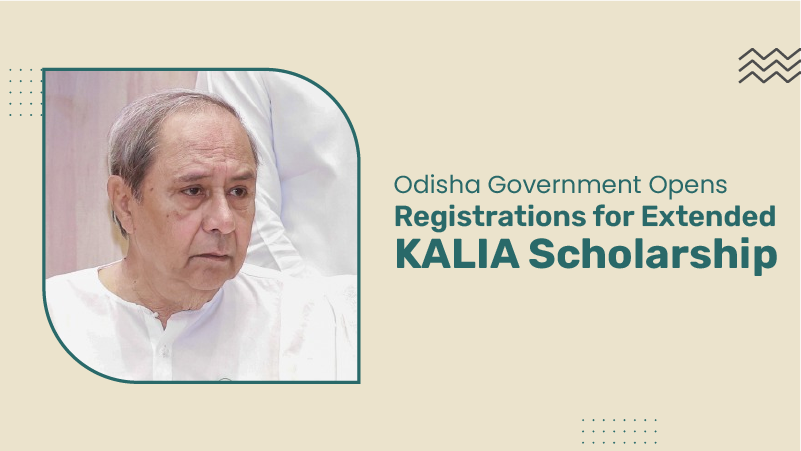
Reforms / January 11, 2024
Odisha Government Opens Registrations for Extended KALIA Scholarship
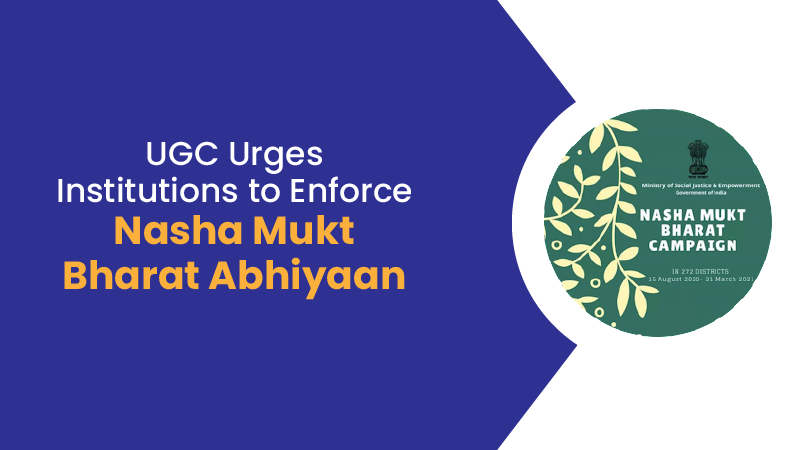
Reforms / January 03, 2024
UGC Urges Institutions to Enforce Nasha Mukt Bharat Abhiyaan

EShort / February 16, 2024
IMS Noida Admissions 2024: Apply for UG, PG programmes

EShort / February 16, 2024
GATE 2024: Response sheet out

EShort / February 16, 2024
BSSTET 2023: Admit card released

EShort / February 16, 2024
NID DAT 2024: Prelims result released

EShort / February 16, 2024
IIT JAM 2024: Response sheet released

Jobs / February 16, 2024
UPSC Recruitment Drive 2024: Apply for 120 vacancies in various departments

EShort / February 14, 2024
UPSC CSE 2024: Official Notification issued; application process begins
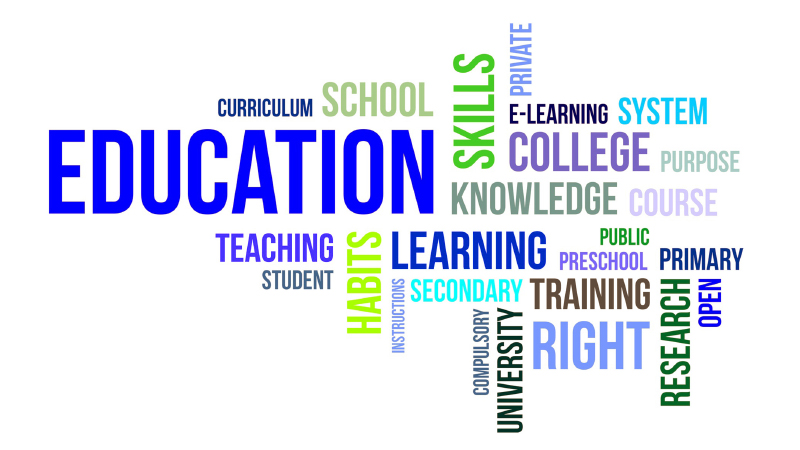
Editor's Desk / April 17, 2020
How Does Society Impact Our Education?

Current Affairs / April 22, 2020
Mr. Sudarsanam Babu appointed to U.S. Science Board.
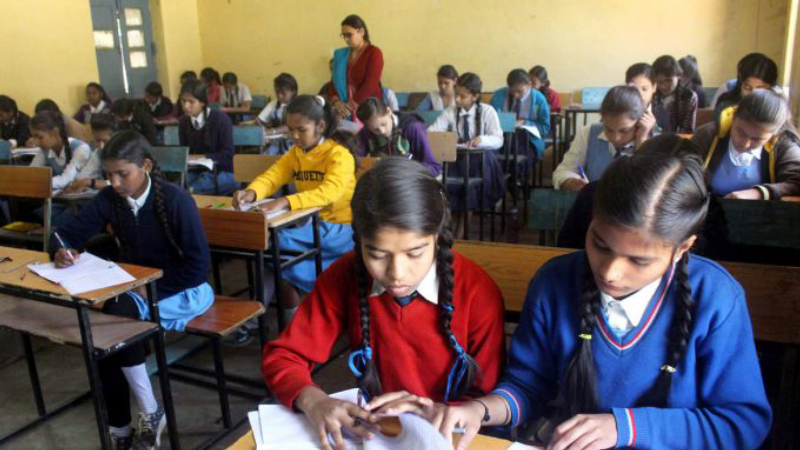
Reforms / April 17, 2020
Traditional Structure of Education In India
.jpg)
Events & Seminars / April 17, 2020
PISA!!
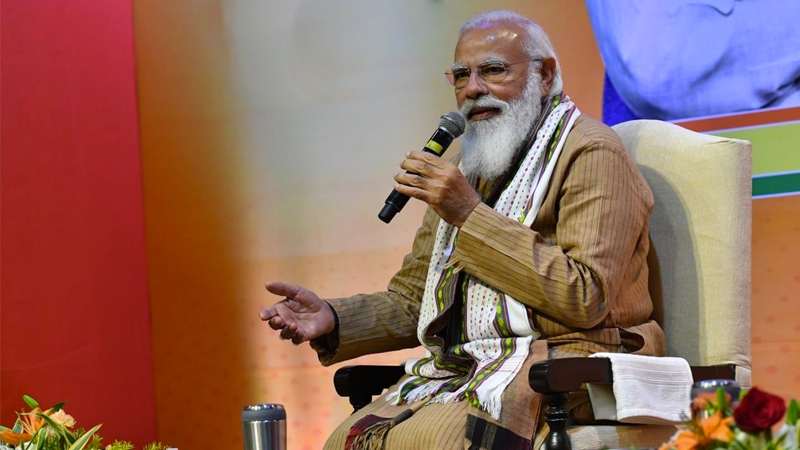
Blog / February 26, 2021
Government's Action On #ModiRojgaarDo

EShort / May 19, 2022
CUET PG 2025 has started the registration process.

Notice Board on Important Dates / April 21, 2020
World Heritage Day

News / July 08, 2021
JEE Mains Registration For Session 3: Last Date To Apply

EShort / December 14, 2021
UPSC Declared Final Result For DCIO Recruitment


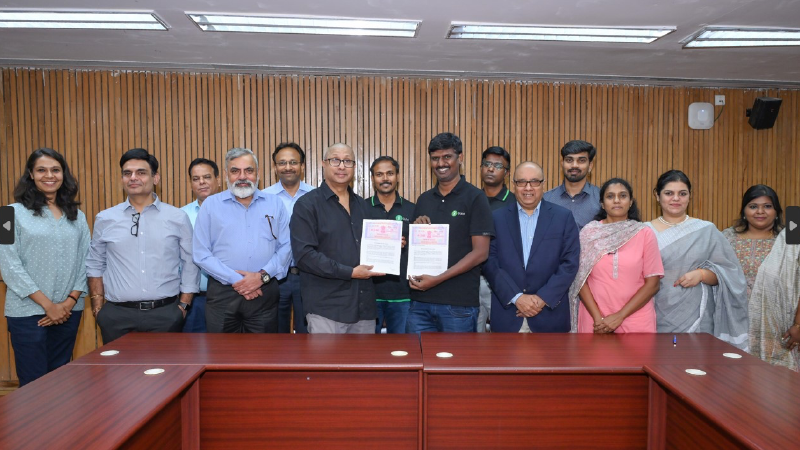


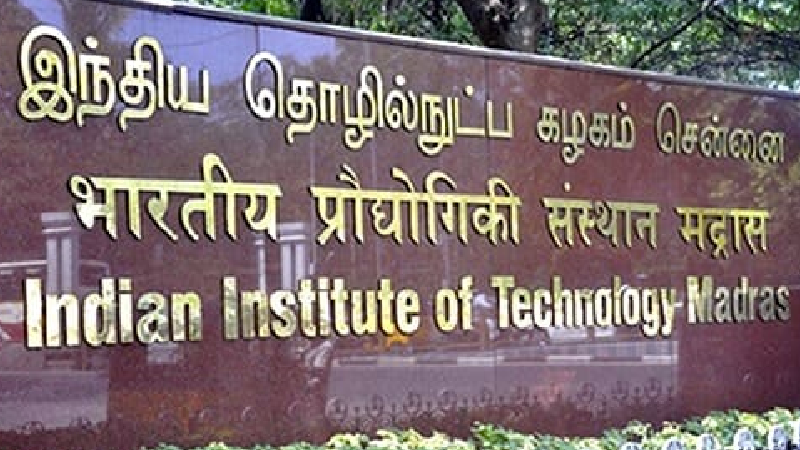






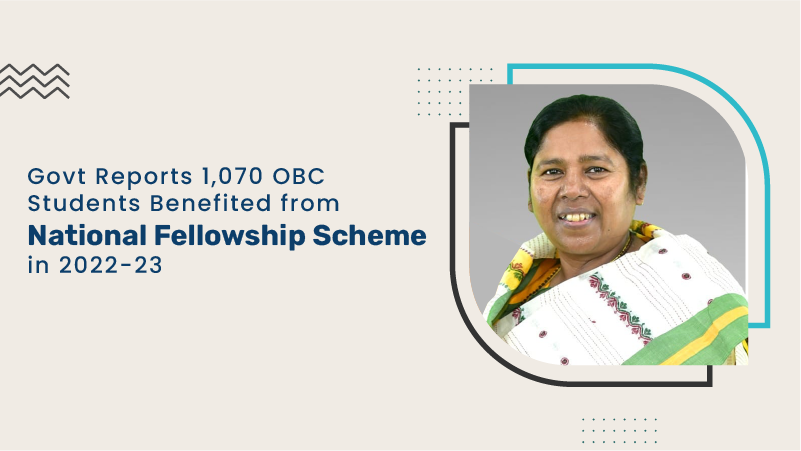
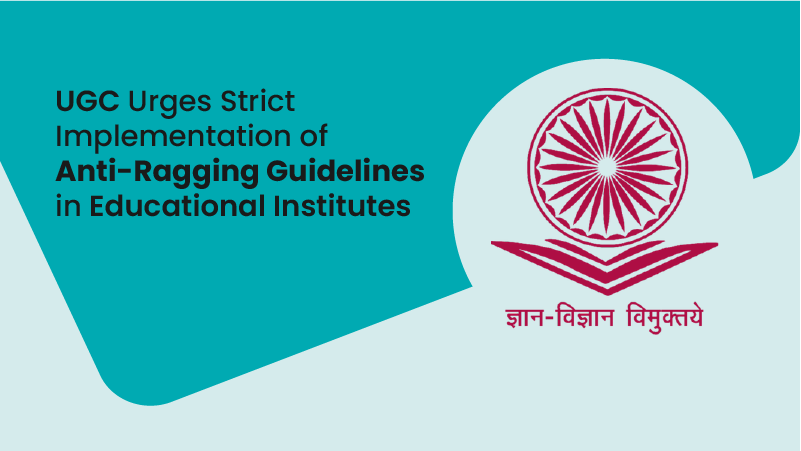
-02.png)

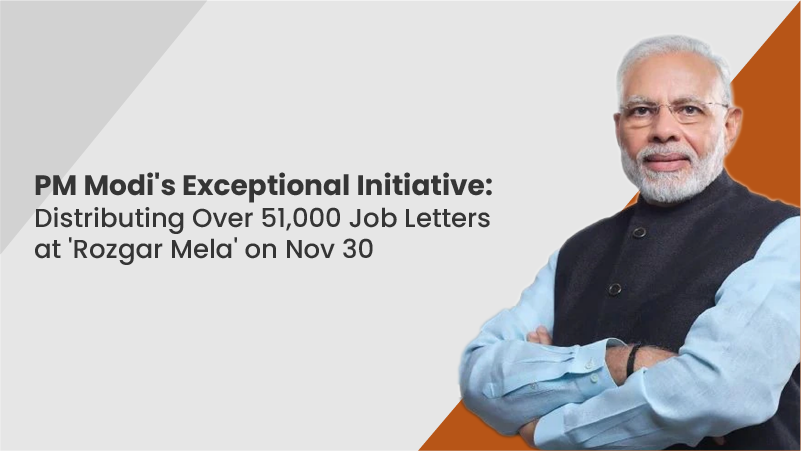


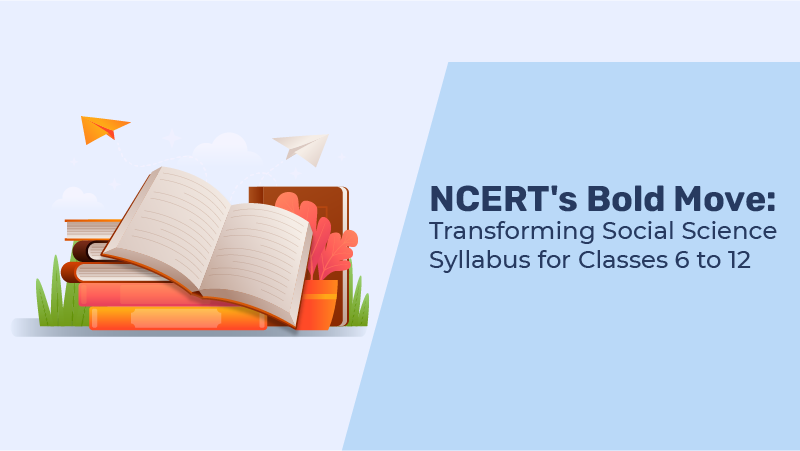

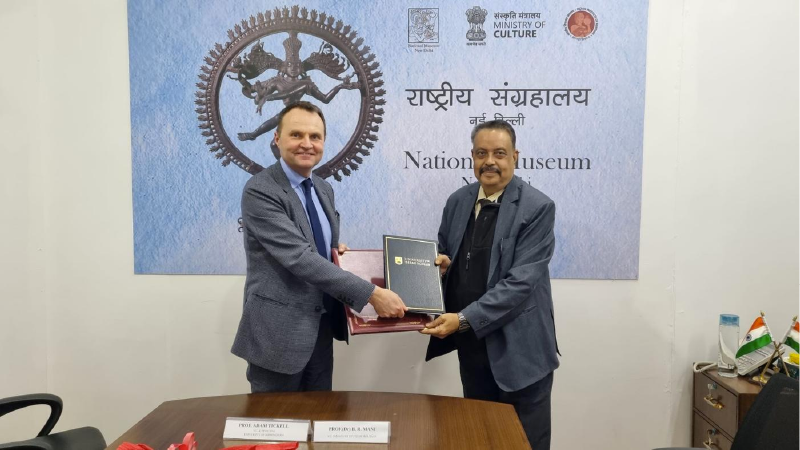
0 Comments
Post Comments